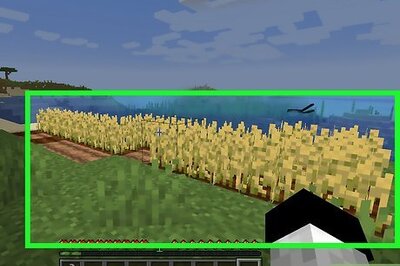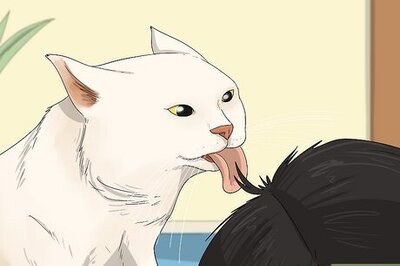
views
Dakar: Signatories of a key global environment pact agreed to cut by nearly half the quotas on the use of a pesticide known to destroy the ozone layer.
Sixteen developed countries including the United States, all signatories of the 1987 Montreal Protocol, have "critical use exemptions" for methyl bromide, used mainly in fumigating soil and on crops.
The chemical may be used when no technically or economically feasible alternative exists.
Montreal Protocol members, meeting in the Senegalese capital Dakar this week, agreed a total volume of exemptions for 2007 of 7,466 tonnes, down 45 per cent on the amounts agreed for 2006.
Exemptions for 2005 totalled 16,050 tonnes. "This sharp year-on-year decline greatly strengthens the credibility of the protocol," executive secretary of the protocol Mario Gonzalez said.
"Farmers and other users of methyl bromide are clearly working hard to find replacements to this dangerous chemical."
Methyl bromide is known to damage the ozone layer and is partially to blame for a hole in the layer that protects the earth from harmful amounts of ultraviolet radiation.
Damage to the ozone layer results in increased rates of skin cancer and eye cataracts.
Developing countries have until 2015 to phase out the chemical's use. Delegates in Dakar also agreed on a $470 million package for developing nations to help phase out harmful chemicals for the next three years.


















Comments
0 comment